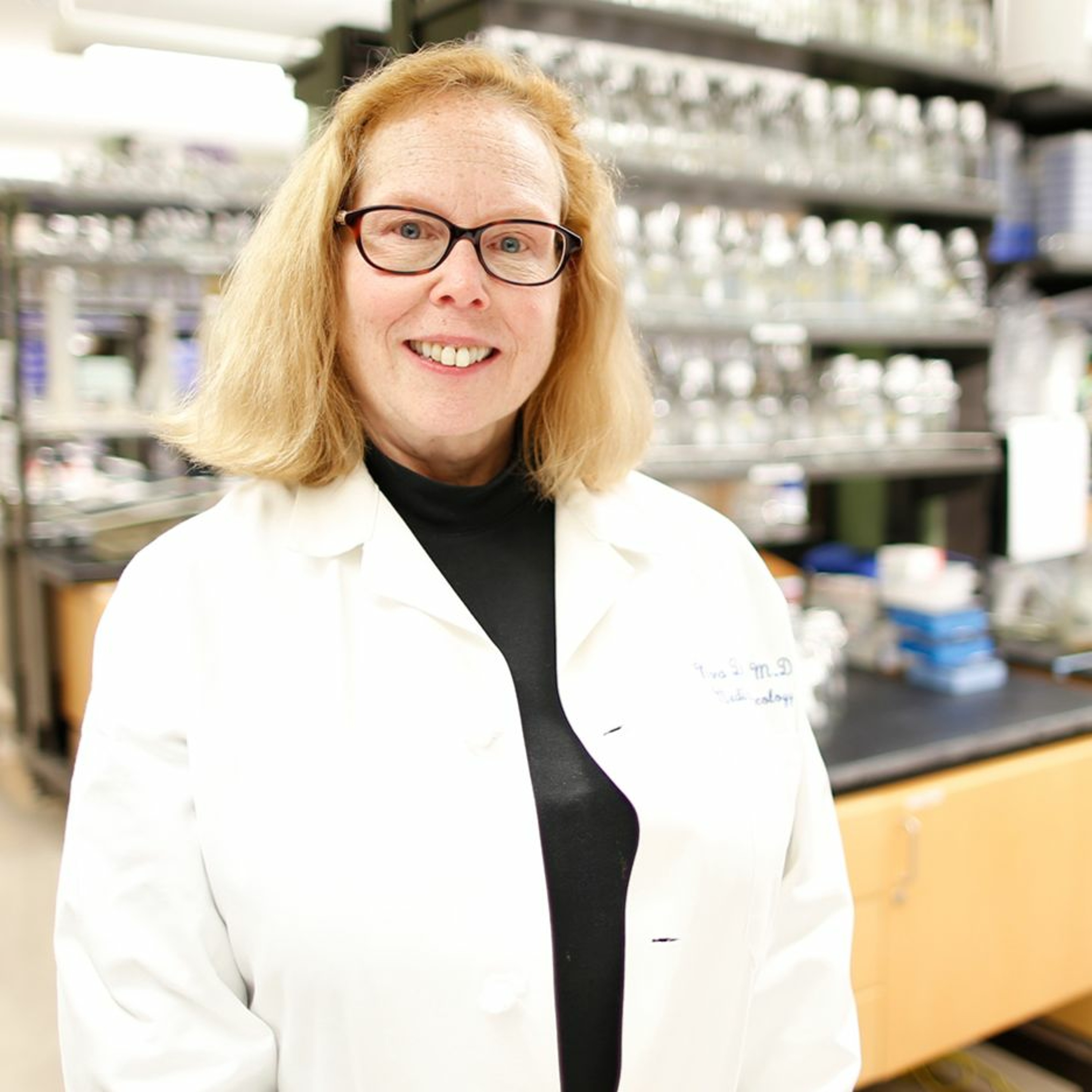Developing vaccines for cancer and COVID-19

How do vaccines work? What are the challenges and opportunities around developing vaccines against cancers not caused by viruses, such as breast cancer and colorectal cancer? How can we harness all of our technology and understanding to create a vaccine for COVID-19? \n\nNora Disis, MD, has made truly seminal contributions to our understanding of vaccines for cancer, and she helped us understand what needs to happen for effective cancer and COVID-19 vaccines to be developed. \n\nDr. Disis is Professor of Medicine and Associate Dean at the University of Washington, and she\u2019s an American Cancer Society Research Professor.\n\n5:18 \u2013 On how she is holding up and how she and other researchers are helping out their clinical colleagues\n\n6:37 \u2013 How her research has been impacted by the pandemic\n\n8:55 \u2013 \u201cWe have a lot of projects and we\u2019ve been going at breakneck speed, generating data and generating data\u2026sometimes it\u2019s good to slow down and think about your data rather than jumping on to your next experiment.\u201d\n\n11:45 \u2013 How does a vaccine against, for example, the measles work?\n\n16:42 \u2013 How vaccines against cancer are different and what challenges are involved in this space\n\n20:18 \u2013 The biggest question when developing a vaccine against common cancers not caused by viruses\n\n25:01 \u2013 Are there some cancers that are better candidates for a vaccine?\n\n29:30 \u2013 On where her team is in the colorectal cancer vaccine space\n\n36:11 \u2013 What needs to happen for an effective COVID-19 vaccine to be developed? \n\n42:14 \u2013 The impact of ACS funding on her research\n\n45:42 \u2013 A message she\u2019d like to share with cancer patients and caregivers